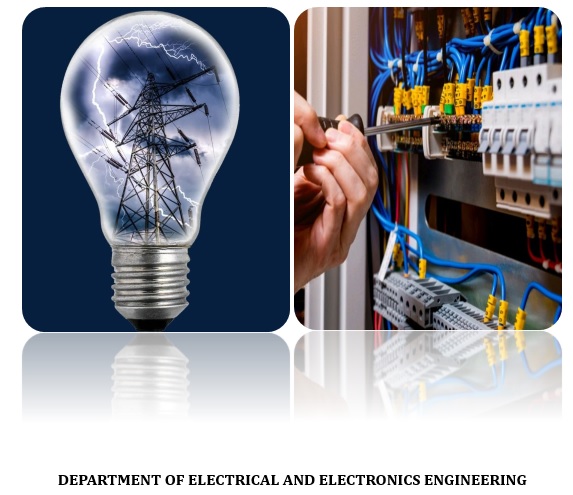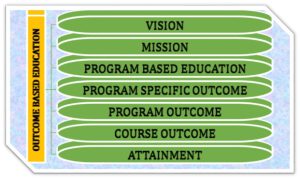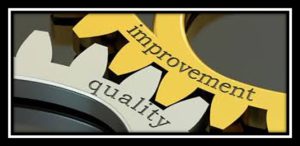Program
- Electrical and Electronics Engineering
Infrastructure
- Fully Equipped Labs
- Comfortable Lecture Hall
- 365 Days, 24/7 Opened Library
Admissions
- Autonomous Institute
- Affiliated to JNTUA, Ananthapuramu
About the Department

Welcome to the Department of Electrical and Electronics Engineering, SITAMS. Our department is dedicated to exploring and advancing the fascinating field of Electrical and Electronics. We are committed to nurturing skilled engineers who will shape the future of technology.
The EEE Department at SITAMS has been a great reputation of excellence in teaching, research and service. The Department of Electrical and Electronics Engineering was established in the year 1999 with an intake of 30, and was increased to 60 in the year 2002,90 in the year of 2008,120 in the year of 2009 and up to 2019 intake maintained, further in the year 2020 intake reduced to 90, in 2021 intake reduced to 60, in 2022 intake reduced to 30. With excellent laboratory facilities and dedicated faculty, the department of EEE offers broad range of programs that include undergraduate (B.Tech) and post graduate (M.Tech) in Power Electronics programs.
In our department, we offer comprehensive programs and courses that provide a strong foundation in power systems, Electrical networks, Power Electronics, Electrical vehicle, and more. Our curriculum is designed to equip students with the theoretical knowledge and practical skills necessary to excel in this rapidly evolving field.
Our experienced faculty members are passionate about imparting knowledge and fostering innovation. Through a blend of classroom instruction, hands-on laboratory work, and industry collaborations, we strive to create a stimulating learning environment that encourages critical thinking, problem-solving, and creativity.
M.Tech (Power Electronics):
Power Electronics is a two-year full time post-graduate program started in the year 2010 approved by the All-India Council of Technical Education (AICTE). The department offers full time M.Tech program in Power Electronics with an Intake of 9, Selected through GATE/ AP PGECET.
Power Electronics involves intricate, Analysis of Power Electronic Converters, Power Electronic Control of DC drives, Modern Rectifiers and Resonant Converters, Power Electronics plays a crucial role in driving innovation and pushing the boundaries of electronic devices, opening up possibilities for artificial intelligence, Internet of Things (IoT), and emerging technologies.
Department Goals:
- To enable students to understand, formulate, analyse, and solve complex engineering problems in the field of Electrical and Electronics.
- To impart industry-specific education to students to help them get core jobs in interdisciplinary or multidisciplinary fields.
- To create curiosity and passion in young minds about the fundamental concepts of electricity and electronics and their applications in modern machines.
- To engage students in learning and self-development activities by hosting national and international seminars.
- To teach students a multidisciplinary approach and help them utilize the knowledge of other departments for the field.
- To expand the capabilities of the existing research centre in the department.
- To encourage and empower students to take up entrepreneurship in the field and allied disciplines
VISION & MISSION
PEO’s, PSO’s & PO’s IMAGE
DQIAC (DEPARTMENTAL QUALITY IMPROVEMENT ASSESSMENT COMMITTEE)
The departmental academic committee is responsible for smooth functioning and monitoring of all academic activities. The DQIAC is composed of members from Department of Electrical and Electronics.
The composition of the DQIAC is as follows:
S. No | Name of the faculty Members | Designation and Role |
1 | Dr.V. Maheswari | Professor & HOD, Chairman- DAQIC, |
2 | Mr. Ramesh R Halakurki | Professor (Member). Department of EEE, STIAMS |
3 | Dr.P. Sudheer | Professor (Member). Department of EEE, STIAMS |
4 | Dr.P. Elangovan | Associate Professor (Coordinator) Department of EEE, STIAMS |
5 | Dr.R.Suresh | Associate Professor (Member) Department of EEE, STIAMS |
6 | Ms.V.G. Hamsaveni | Associate Professor (Member) Department of EEE, STIAMS |
7 | Mr. K. Gunavardhan | Assistant Professor (Member) Department of EEE, STIAMS |
8 | Mr.H. Balamurugan | Assistant Professor (Member) Department of EEE, STIAMS |
Composition
Members to the DAQIC (UG and PG) will be opted covering each specialization of the department. DAQIC/CDC on specific occasions such as making the syllabus for new courses, updating / modifying of present syllabus etc. The composition of the DAQIC shall need approval of the Principal.
Functionalities of DAQIC
Review and analyses on the gap between curriculum and Industry requirement and gives necessary feedback or advice actions.
Roles & Responsibilities
- The Committee interacts and maintains liaison with key stakeholders.
- Assign teaching duties to the faculty and to make the facilities available for quality of teaching.
- Allocation of faculty mentors to the new batch of students admitted.
- Review the cases of slow / weak students and decide appropriate action in advance in coordination with faculty mentors.
- Guide faculty members towards ensuing continuous evaluation.
- Ensuring discipline among students
- Develop and recommend new or revised goals and objectives of the program.
- Review and analyses on the gap between curriculum and Industry requirement and gives necessary feedback or advice actions.
- Monitoring of Course plan and delivery.
- Verification of Faculty Dairy including Attendance Entry, Internal Marks, Syllabus Coverage, Identification of Slow Learners and above average performers and necessary actions.
- Submission of report to the DQIAC in the prescribed format.
The DAQIC will meet as often as necessary and mandatory two times each semester. Faculty mentors and other members of the faculty may be invited to meetings when necessary. The DAQIC will seek and review the reports of all course handling faculty and faculty mentors and submit its reports to HOD for remedial action if so needed.



